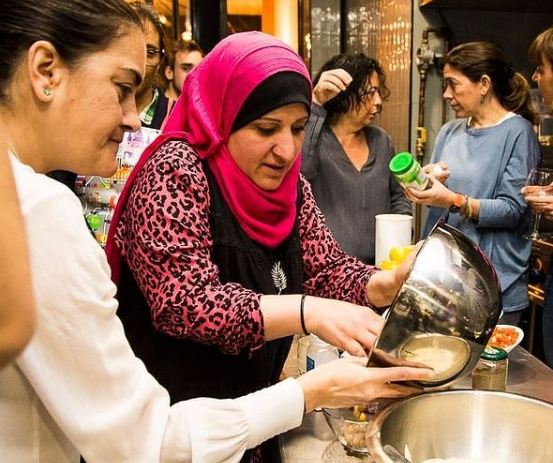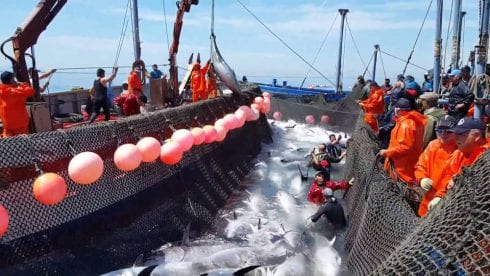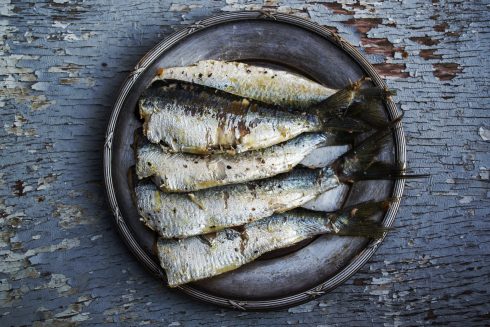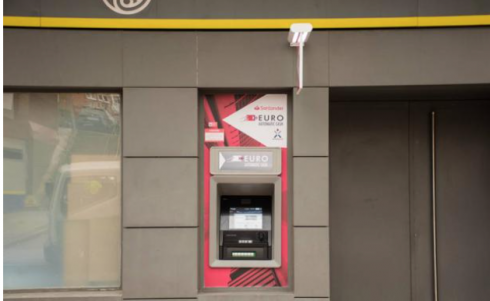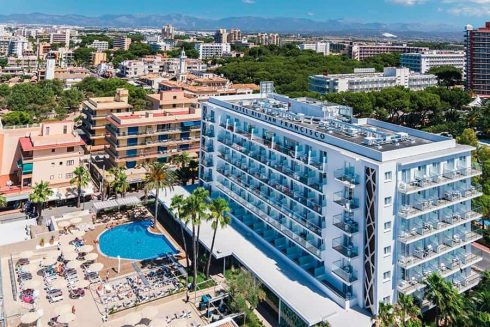AS bombs rained down from the sky in Syria, all 38-year-old Wesal could think of were her children. In terror, she fled the civil war-torn country with her two-year-old in her arms, leaving behind her home and a successful medical career for a safer life in Spain.
Arriving in Madrid but not speaking Spanish, she was unable to use her qualifications as a phlebotomist (blood specialist) and her employment prospects looked bleak.
But what she did have was a talent that crossed borders and communicated without language: she could cook.
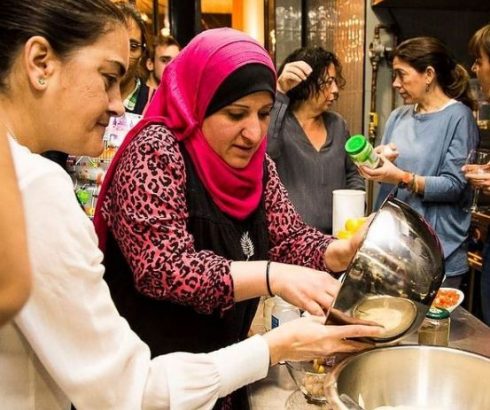
“Chicken and rice with mint, parsley and Middle Eastern spices, Wesal was an amazing chef,” remembers Natalia Diaz, founder of the Madrid charity Chefugee whose slogan is, ‘Build Appetites, Not Walls’.
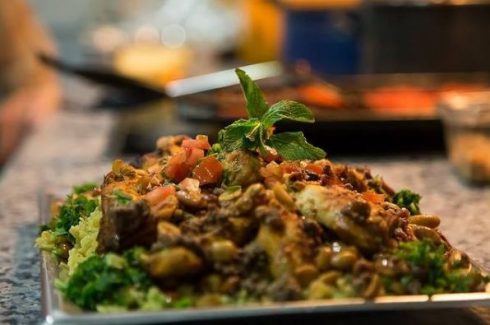
“Syrian food is delicious and, when we started, nobody in Madrid was serving hummus or tabbouleh. Now Wesal has her own catering company and hummus is in every restaurant.”
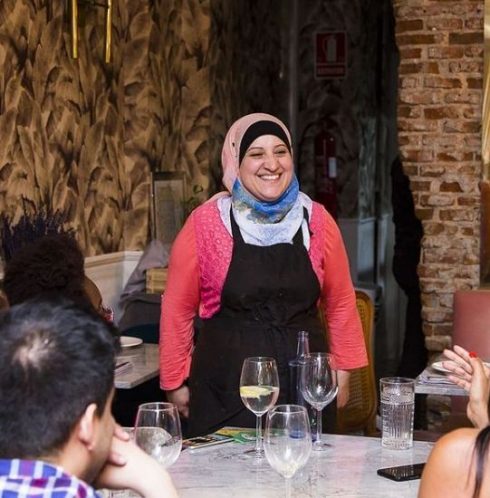
Set up by a group of volunteers in 2016, Chefugee’s mission is to provide refugees and asylum seekers with the opportunity to earn fair wages and share their cultures through their culinary skills.
Funded and promoted through culinary events in Madrid, including a week-long Refugee Food Festival, today the team’s protogees are working all over the Spanish capital, everywhere from pizzerias and pop-ups to upmarket eateries.
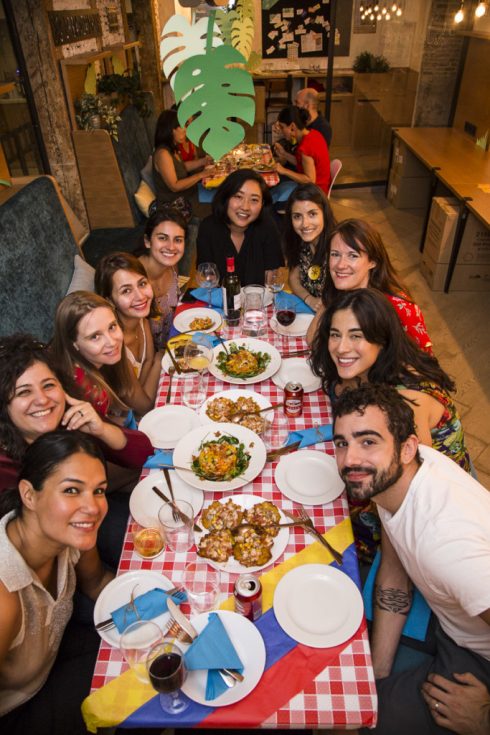
“It was actually quite hostile when we started in 2016,” says Diaz. “Restaurants in Madrid didn’t want to hire refugees.
“But food is a great cultural bridge and refugees are proud to talk about their culinary culture. It’s good for people to see them in a positive light, rather than just pity what they managed to escape.
“Food is healing,” adds Diaz. “ It always reminds you of home. The smells, the scents, it’s like recreating your childhood.”
Elsewhere in the capital, Hala Dondieh discovered food’s healing powers working in the refugee-run restaurant Refusion alongside chefs from Venezuela and Sudan.
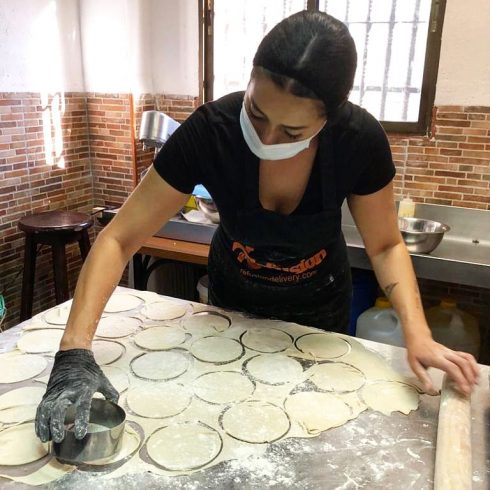
“I’ve grown as a person, as an artist and as a chef since I started working here,” says the 29-year-old who left Syria in 2013 after her mother was persecuted for criticising President Bashar al-Assad. “I’m learning how to make Sudanese food and I’m sharing my recipes, which is the most beautiful thing.”
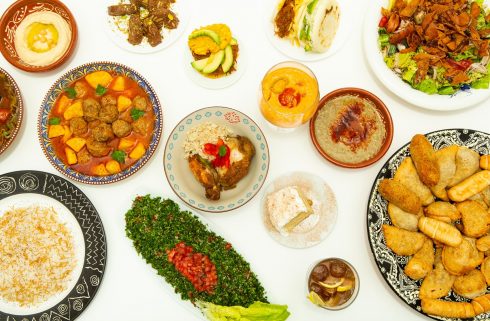
“We have a moral, rather than a paper and ink, contract because we’re trying to build a platform for people in the future,” says Hala. “That future for a project like this is a beautiful kitchen with people from all over the world,” she says. “We have chefs from three continents now, but why not have all of them? Food will always gather us together.” says Hala.
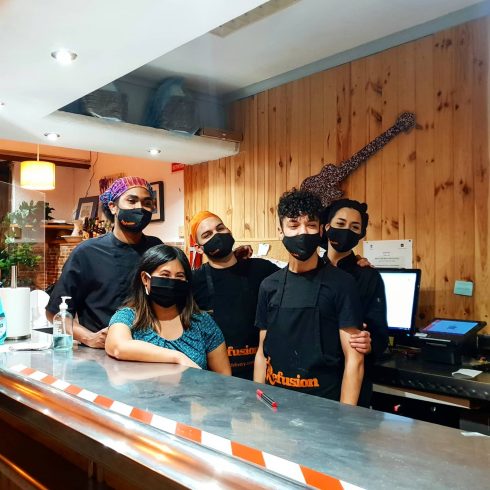
But as coronavirus restrictions continue to damage Spain’s restaurant industry, not everyone shares Hala’s multi-cultural enthusiasm.
This month, over a thousand Spaniards took to the streets of Gran Canaria to protest the soaring number of arrivals from Africa to the Canaries, with many demonstrators brandishing ‘stop invasion’ placards.
“I have nothing against the immigrants,” one unemployed protester told reporters. “But if there isn’t enough to go around for us, how can there be enough for them?”
“It’s not all like a happy ending,” confirms Diaz. “Wesal still struggles with paperwork and rent payments and a lot of our chefs were furloughed or let go at the start of lockdown.”
“But everything that we make from our events goes to the salary of the chef and a fund for refugee businesses in the future. So, when this whole thing happened we used that to buy groceries for refugees who were out of work and money.”

Despite pandemic and prejudice, refugee run restaurants are becoming a trend, popping up everywhere from Lebanon to London and Brooklyn to Berlin. While mostly private initiatives, the appeal of the food industry for asylum seekers has been noticeable in government-funded projects too. Throughout this year’s European Commission enterprise, which found over 1,000 refugees jobs tailored to their interests in Spain, the most popular job after farm work was waiter or chef.
Barcelona Restaurant owner Martin Habiague is convinced food could be the answer to the refugee crisis. “The hospitality sector in Spain is very strong,” he says. “Even though we are suffering with the pandemic on top of us, it’s a good sector to create inclusion and gain social, economic and political rights for people.”
Habiague’s not-for-profit cafe, Espai Mescladis in the El Born barrio, currently employs 16 migrants in chef and server roles, as well as students from Venezuela, Honduras, Guatemala, and multiple African countries learning how to cook professionally.
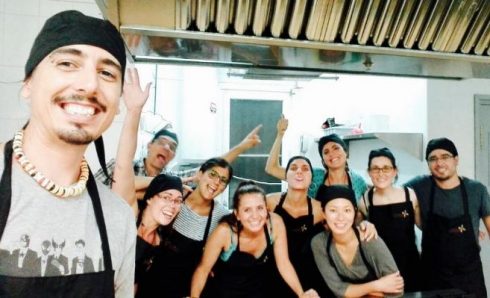
“Historically, we have three ways of dealing with people we consider ‘other’,” he says. “We go to war and kill each other, which is what we’ve done for centuries, we build walls around us so people can’t meet or interact, which is what we’re currently doing, or we promote dialogue, which brings positive results.”
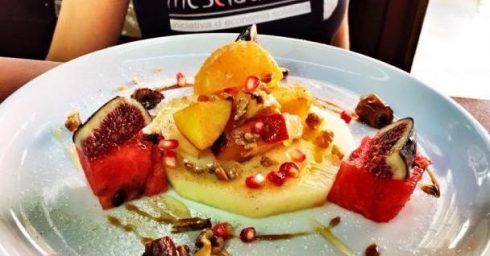
Gastronomy is a great equaliser, he affirms: “Geography, history, culture, social habits, even politics or economics, these are all things we can talk about when we talk about food,” he says.
“We are the only animal on the planet that modify the elements to feed ourselves, it’s how we define ourselves as human beings and it’s something we all have in common.”
READ MORE:
COOKING IN SPAIN: HOW HARD IS HOMEMADE TAPAS?

